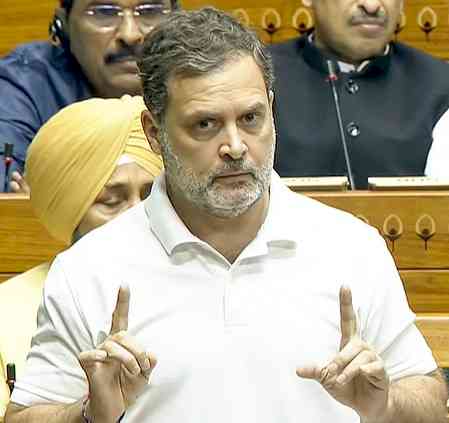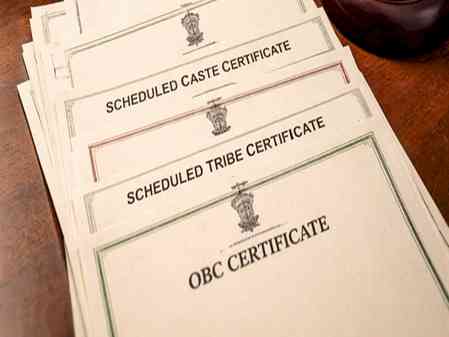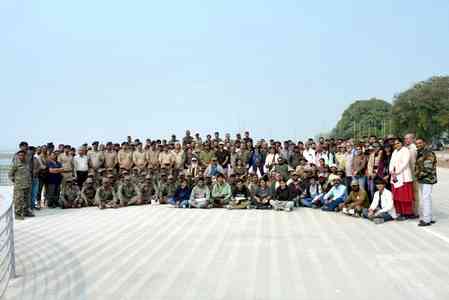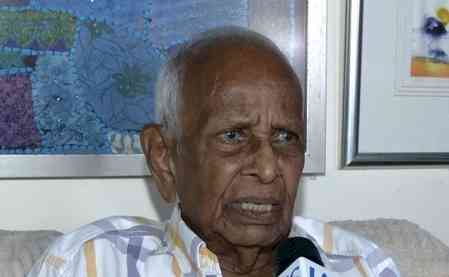Change behaviours, not just policies: Climate experts call for action
India's battle with air pollution, responsible for over 1.6 million deaths annually, is a critical public health and environmental challenge.
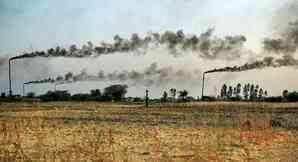
Janvi Sonaiya
Ahmedabad, Nov 11 (IANS) India's battle with air pollution, responsible for over 1.6 million deaths annually, is a critical public health and environmental challenge.
According to recent data, more than 99 per cent of the population breathes air that exceeds the World Health Organisation's guidelines for fine particulate matter PM2.5.
The consequences of this extend to a range of health issues, from cardio-pulmonary diseases to neonatal problems.
Karan Shah, a climate change expert from the Civitas Sustainability Foundation in Ahmedabad, offers a fresh perspective on this issue and talks about air pollution in Ahmedabad and in Gujarat.
"Air pollution is a local phenomenon, while climate change is a global issue," Shah explains. He points out the contributing factors such as using diesel and petrol cars, and continuous construction and industrial activities in urban areas.
Shah highlights the increasing proximity of residential areas to industrial zones over the last four decades, exacerbating air pollution and its detrimental effects on health.
Air pollution in India is often viewed solely as an urban problem, but Shah emphasises its regional nature. About 70 per cent of air-pollution-associated premature deaths in India occur in non-urban areas, underscoring the need for broader, more inclusive measures that extend beyond city limits.
Shah suggests a multi-faceted approach to mitigate this issue. "Cities like Ahmedabad, Delhi, Kanpur, Noida, and Bhopal lack large water bodies that help settle dust, unlike Mumbai. The solution lies in changing our transportation behaviors and implementing efficient public transport," he says.
Shah also calls for relocating energy-intensive industries away from residential areas and shifting towards cleaner energy sources, such as electric or CNG vehicles.
These recommendations are not just about policy changes, but about a collective shift in behaviour. Recent data underscores the urgency of this issue. PM10 levels in areas like Jodhpur, SVPI airport, Vatva, and Pirana have shown alarming increases, with road dust, vehicle emissions, and industrial pollution being major contributors.
In response to this crisis, significant investments have been made. Since 2020, the city has received Rs 359.54 crore to control pollution.
Measures include sealing construction sites without green nets, imposing fines, and developing end-to-end pavements on 61 road stretches, covering 75 km, under the National Clean Air Programme (NCAP).
Senior AMC officials advocate for white-topped roads to reduce dust pollution, and the AMC has also undertaken extensive garden development over 2.5 lakh square meters as part of the NCAP.



 IANS
IANS 
